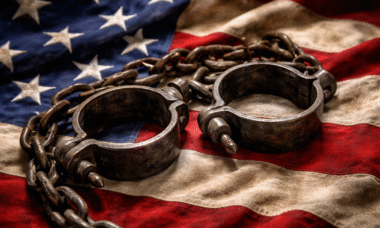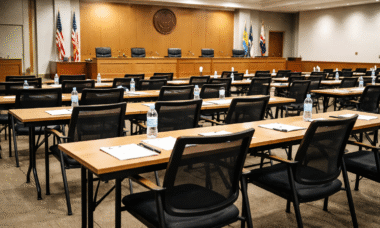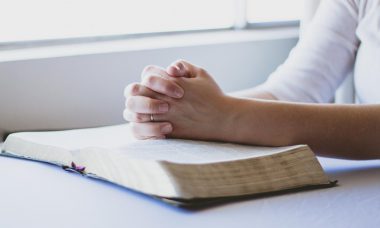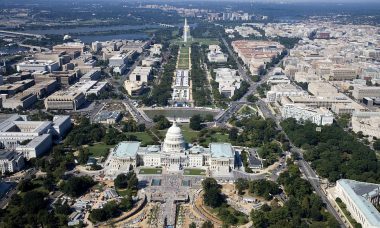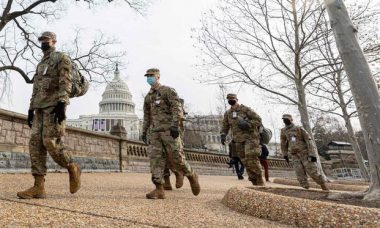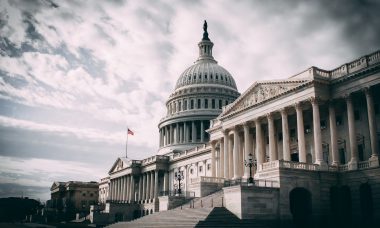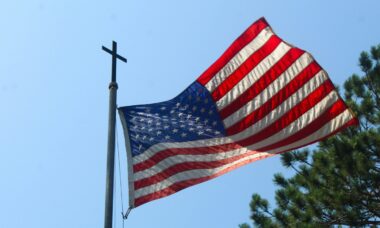The Thirteenth Amendment abolished slavery and set a constitutional foundation for future legal and civic progress. How does this annual commemoration light the way as we chart America’s future?
Read MoreNational Leadership
Everyday-Voices Shaping Extraordinary
In the U.S., federal rulemaking can feel distant, technical, and dominated by experts. But did you know, embedded in the federal process there is a remarkable democratic tool? And it’s called, “Public Comment”.
Read MoreGoverning for the Next Generation
When government policies, federal debt, and long term planning projects span generations, what does it mean for a government to govern for future generations who aren’t yet born?
Read More250 Years of Prayer
For 250 years, prayer has shaped the nation in times of uncertainty, grief, and moral evaluation. As the nation faces the next quarter-millennia, prayer is the cornerstone of hope for the future.
Read MoreManaging Trust in Government
Foundational trust in government matters for the smooth functioning of civic life. Yet data shows that less than 20% of Americans trust the federal government and civic trust has been declining for decades. How can the government restore that trust?
Read MoreAmerica’s National Debt and Inherited Ledgers
Where does all the money go? Who pays the bill? As government spending grows and the cost of debt rises, the question becomes less about charts and more about the kind of future we want to create.
Read MoreExercising Emergency Powers Responsibly – Part 2
Crises test more than an administration’s technical readiness; they test the nation’s character and its commitment to governing with integrity. When emergencies strike, what choices can leaders make to foster cooperation and maintain a government of the people?
Read MoreEmergency Powers and Guarding Liberty – Part 1
How are emergency powers are defined, constrained, and used in limited scope? How can the nation maintain the balance of urgent response to crises while protecting liberty and accountability?
Read MoreCivics in Education
In a recent study, only 70% of Adults in America could list all 3 branches of government. In a democracy, the strength of self-governance depends on more than just casting a ballot. It depends on a populace that understands what government is, why it exists, and how its institutions function.
Read MoreEchoes of the Past Shaping Modern Religious Rights
In the ongoing balance between religious liberty and international neutrality, how does a 246-year-old agreement by the fledgling United States still shape domestic and foreign policy today? In a modern world of global threats, religious pluralism, and the practical demands of survival, what lessons can we learn from our nation’s founders?
Read More



